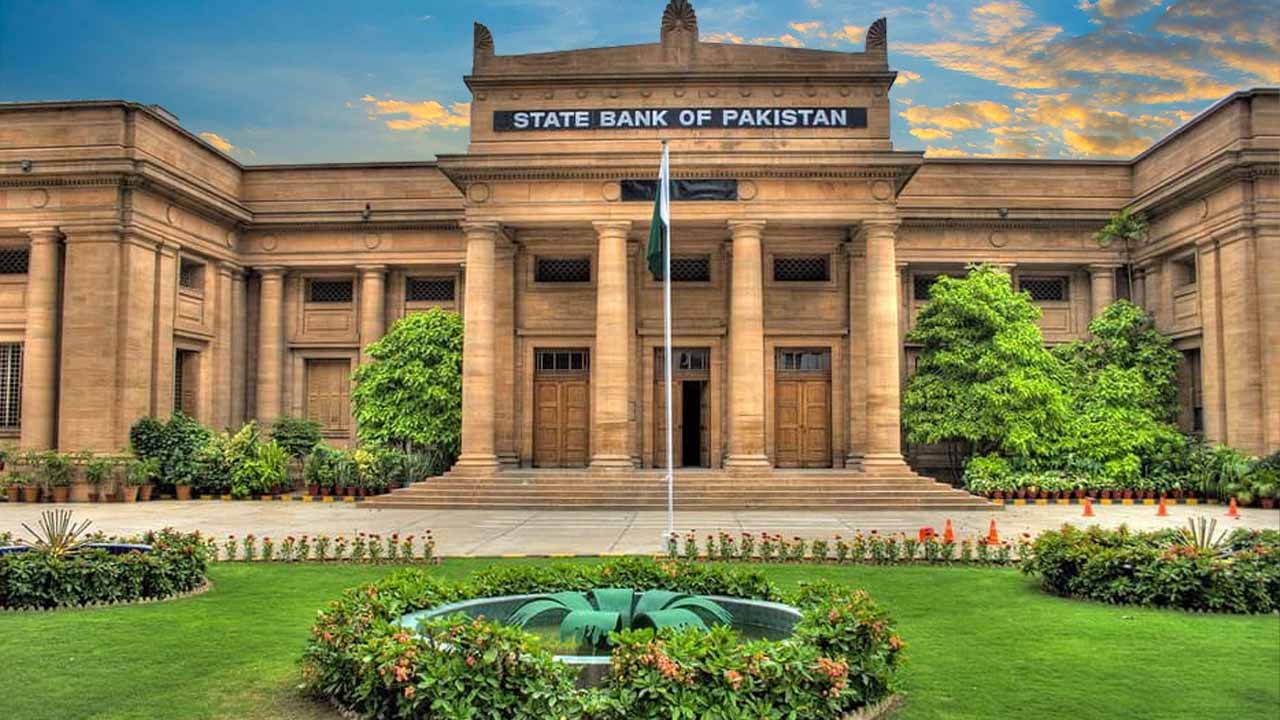The State Bank of Pakistan (SBP) and the International Monetary Fund (IMF) recently engaged in discussions concerning the possibility of tightening monetary policy and increasing foreign exchange reserves by the end of June 2023.
As of February 10, 2023, Pakistan’s foreign exchange reserves held by the SBP stood at $3.1 billion, reflecting a $276 million increase. This was largely due to improved liquidity resulting from the reduction of discrepancies between the inter-bank and open markets following adjustments of the exchange rate.
In accordance with the IMF’s recommendation to increase foreign exchange reserves to $12 billion by the end of June 2023, Pakistan will need to secure at least $17-18 billion over the next four-and-a-half months. This amount encompasses external debt repayment obligations of $5 billion, current account deficit (CAD) financing of $3-4 billion, and foreign exchange reserve building of $8-9 billion.
If Pakistan’s proposal is approved by the IMF, it will require inflows of $11-12 billion in order to meet foreign debt servicing, CAD financing, and foreign exchange reserve building up to $6-$7 billion by the end of June 2023. The IMF has also suggested raising the policy rate by 300 to 400 basis points to shift towards a positive interest rate trajectory. However, SBP officials have asserted that the Monetary Policy Committee (MPC), established under the SBP Amendment Act, is empowered to make decisions based on macroeconomic fundamentals.
According to a senior official of the finance ministry, Pakistani authorities are hoping to reach a staff-level agreement with the IMF’s review mission next week before the IMF executive board meeting in four to six weeks. Nevertheless, there is still a discrepancy on external financing projections.
Pakistan has implemented tough measures, including increasing electricity and gas tariffs, imposing taxes worth Rs170 billion through a mini-budget, adopting a market-based exchange rate, and raising POL prices. While these steps were in the hands of Pakistani authorities, the most critical aspect now is securing confirmation from multilateral and bilateral creditors to meet the program period’s substantial external financing requirements. The EFF program is set to expire on June 30, 2023, with no possibility of extending it further.
The IMF is pressing for a gross foreign exchange reserves target of up to $11-$12 billion by the end of June 2023, whereas Pakistan is requesting a target between $6 and $8 billion, given the possibility of reduced confirmation from bilateral partners. Both sides agree that reaching a gross foreign exchange reserves position of $16.2 billion by the end of June 2023, as requested during the finalization of the 7th and 8th reviews under the $6.5 billion EFF arrangement, is not feasible.
The Pakistani side seeks a 50 per cent reduction in the target for the end of the program period, but the IMF insists on obtaining confirmation from all possible sources. Finance Minister Ishaq Dar is currently in Dubai, attempting to secure approval from multilateral and bilateral creditors as well as commercial banks to obtain the required dollar inflows support for the IMF program’s revival.







